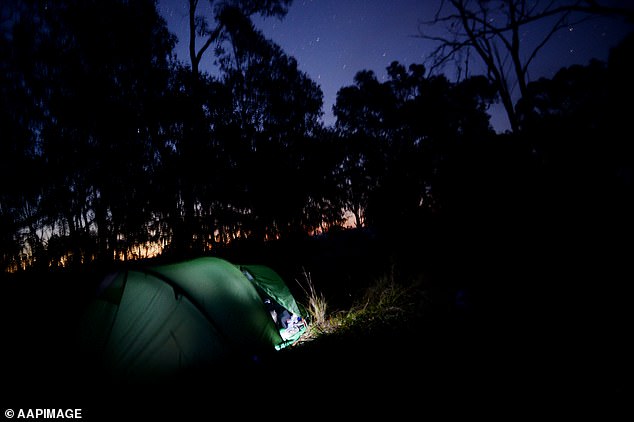A Sydney youth minister has been cleared of child sexual abuse charges after a judge ruled the man was likely suffering from “sexsomnia” at the time of the alleged offence.
Aaron Mendis, appointed as youth minister at Rivers Edge Church in the suburb of Newington in 2012, faced trial in the New South Wales District Court in August after pleading not guilty to 15 charges of child sexual abuse in the 2010s.
Prosecutors had alleged the abuse occurred at youth group sleepovers and at a camp, and the “live question” at trial is whether Mendis’ actions were due to “sexsomnia while sleeping,” according to a ruling Friday.
Mendis, at trial, relied on a psychiatrist’s report to establish that he suffered from “sexsomnia or sleep-related sexual behaviour” as a defence that “his actions were not voluntary” against the complainants.
In his judgmentJudge Phillip Mahony acquitted Mendis of all charges on the basis that “it was a reasonable possibility at the time of each alleged offence that the defendant was asleep and suffering from sexsomnia”.
“Therefore, the acts carried out were neither voluntary nor unwilling acts of the defendant,” Judge Mahony said.
“It is a fundamental principle of criminal law in this state that a person is not guilty of a crime if the act that constitutes the crime was not done in the exercise of the defendant’s will to do so, or was done voluntarily,” he said.
The youth minister was accused of offending children at a camp and at sleepovers (file image)
The judge said he accepted expert evidence of sexsomnia, including from Mendis’ family, friends and girlfriend, who said he fell asleep quickly, slept deeply, continually moved his arms and limbs while sleeping and grabbed people while sleeping.
“I accept that such observations were made by multiple friends with whom the defendant spent countless nights sleeping over many years,” the judge said.
The judge also highlighted the psychiatrist’s conclusion that “the statements of the complainants strongly suggested that the defendant was asleep when the offences occurred.”


